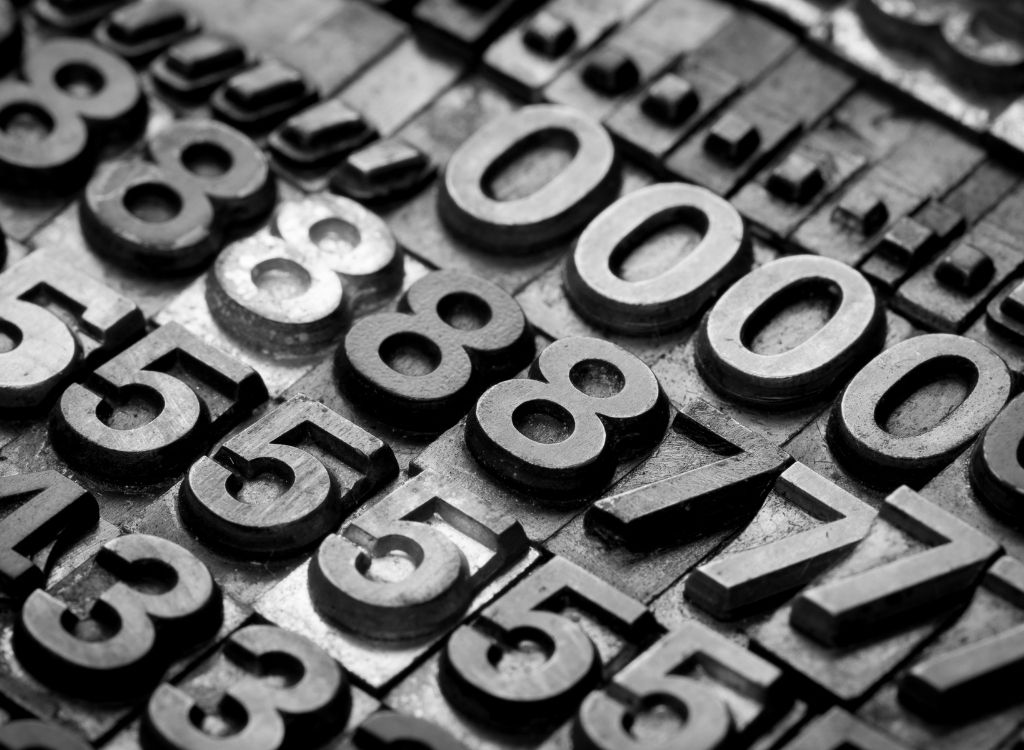
The evolution of the printer over time has proceeded over centuries. The printer is also a significant technology that both changed with humanity and changed humanity. Printing began as early as 200 A.D. with woodblock printing and still exists in the present with digital technology. At every step in the development of printing, we’ve taken massive strides.
Table of Contents
Woodblock Printing
The earliest printing method that scholars know of today started in China in 200 A.D. The woodblock printing system that people used there involved carving raised letters into blocks of wood. They then dipped the blocks in ink and pressed them down on fabrics, transferring the ink shapes onto the fabrics’ surfaces.
Imagine how revolutionary this invention was. For the first time, people could carry messages miles away, warning others of invasions and disseminating orders from leaders.
Movable Type
Bi Sheng of China’s Song Dynasty created the movable type in 1041. This invention was a great leap in printing technology. Though similar to woodblock printing in that it involved pressing raised ink blocks, the movable type system allowed people to change and replace the letters on a block as needed, thereby greatly accelerating the process.
The Printing Press
Perhaps the best-known contribution in the evolution of the printer over time, Johann Gutenberg’s printing press was a five-foot-tall machine that revolutionized the world. An operator would lay a damp piece of paper on a frame that they lowered over inked movable letters. The frame would slide under a press, which a crank then flattened into the ink.
The printing press allowed for the printing of thousands of pages a day. Previous methods didn’t even break a hundred. The invention created a revolution in information. For the first time, knowledge through reading was accessible to people outside the higher classes.
The Rotary Press
Richard March Hoe invented the Rotary Press. This device wrapped printing plates around a large cylinder located in the machine’s center. Paper or other materials would wrap around the cylinder to produce the intended images. Hoe’s invention sped up the printing process yet again, as people could constantly feed paper through the press.
Inkjet Printing
In the early 1950s, Ichiro Endo, a Japanese employee of Canon, created inkjet printing. The inkjet technology propels droplets of ink onto paper or other substrates. Printers that use this technology are now the most ubiquitous printers available. You can find inkjet printers in many sizes for different applications, including handheld inkjet printers for industrial functions.
Digital Printing
The company called Indigo first released the digital printer in 1993. Its process, called “digitizing,” involves capturing images from a matrix of dots or pixels. The printer then assembles these pixels into the desired image through the use of dense mathematical formulas. Since its release, digital printing has revolutionized printing technology. Because it doesn’t require printing plates, it’s an inexpensive option for home and office applications.


